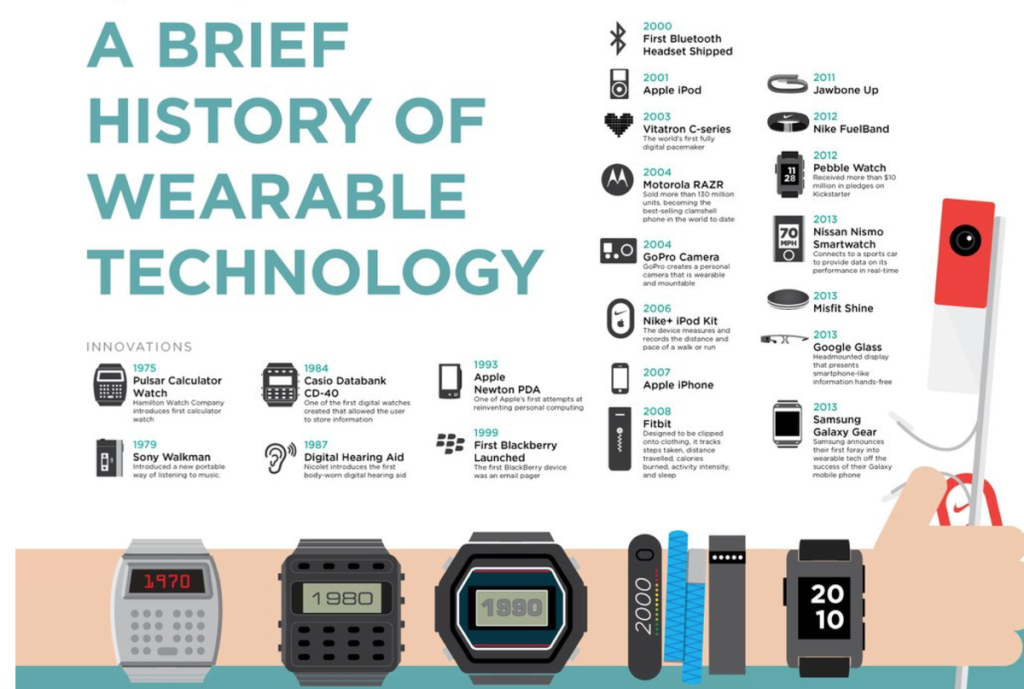In our lifetime, human augmentation is likely to progress far beyond today’s wearable technologies like fitness trackers and heart rate monitors. The future will bring innovations that not only enhance convenience but also save lives. For example, wearable defibrillators could detect cardiac emergencies and administer life-saving treatment autonomously. Similarly, prosthetics might evolve to integrate directly with neural pathways, restoring lost functions or even granting superhuman abilities. These advancements could redefine the boundaries of human capability, blending biology and technology in unprecedented ways.
Physical enhancements could also go beyond healthcare. Imagine contact lenses that display augmented reality information or exoskeletons that enhance physical strength and endurance, supporting workers in demanding jobs or assisting those with mobility impairments. These possibilities open doors to extraordinary improvements in quality of life while pushing us closer to the edge of what nature originally intended for humanity.
However, I believe human augmentation should be approached thoughtfully and sparingly. While I would consider adopting technology essential for survival—such as life-saving implants—I would hesitate to embrace enhancements aimed solely at achieving perfection or convenience. The essence of being human lies in our imperfections, our adaptability, and our ability to navigate challenges without fully surrendering to technology.
As human augmentation advances, it will also force us to confront societal and ethical questions. Who will have access to these technologies, and will they widen the gap between those who can afford enhancements and those who cannot? Will governments or corporations regulate how far augmentation can go, or will individuals have the freedom to push the boundaries? These are critical issues that must be addressed as we integrate these innovations into our lives. Ensuring that augmentation is equitable and used to improve lives—rather than exacerbate inequalities—will be essential for creating a future where technology enhances humanity as a whole.
For me, the line is crossed when augmentation compromises core aspects of our humanity. Technologies that risk my life unnecessarily or make me feel disconnected from my natural self are unacceptable. At its best, human augmentation should amplify what makes us unique rather than diminish it.
I think we should proceed with much caution when it comes to human augmentation because it can include a dangerous future.

https://images.app.goo.gl/6hK1cahnXMNe2Yvs8
Above shows a picture of how wearable technology have evolved so far.
Published by